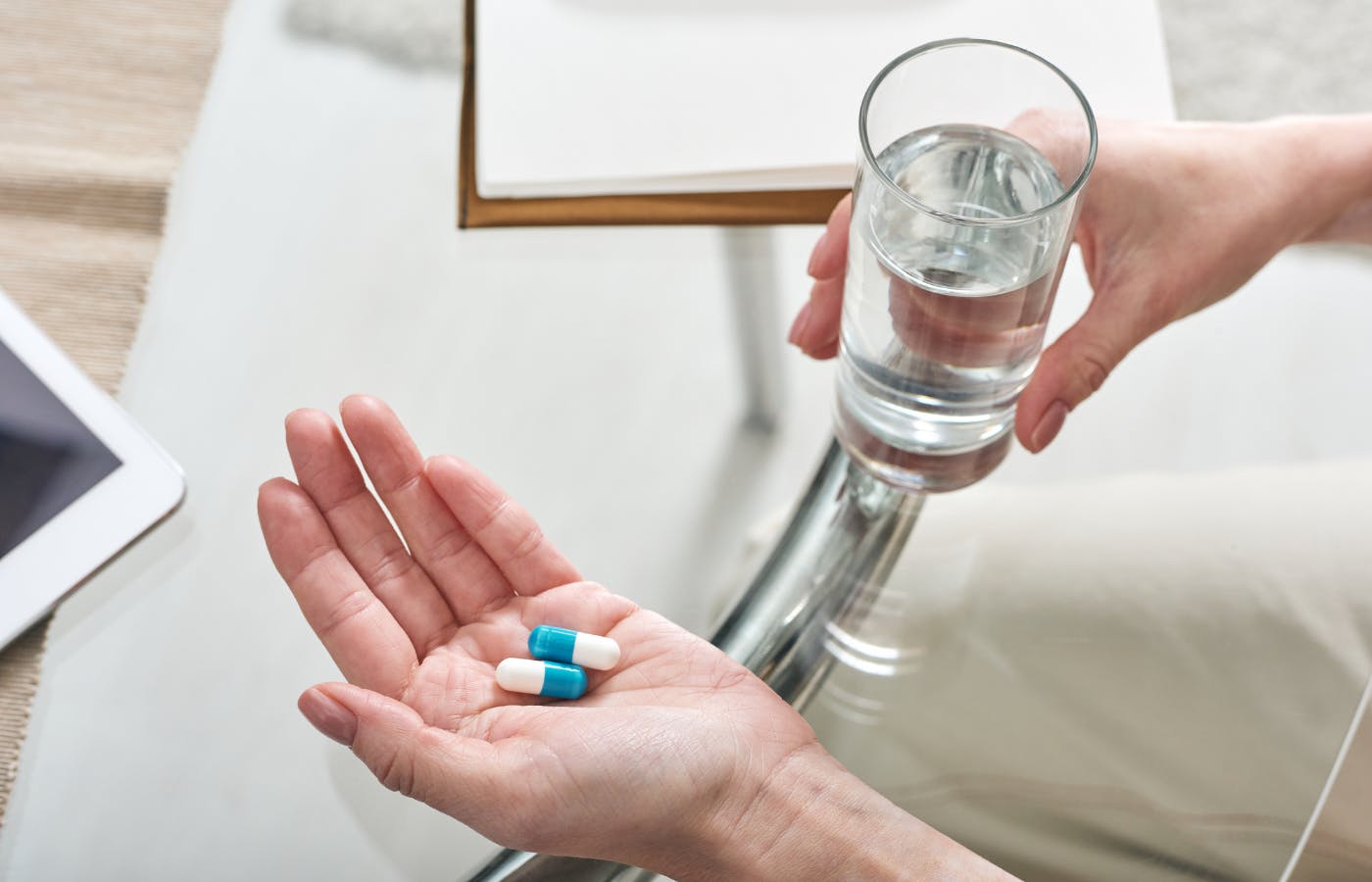Medication
The majority of GERD sufferers who have sought advice from a clinician will be suggested certain medications, some of which are prescribed, in order to reduce their reflux symptoms
Book a Consultation
Reducing the effects of LOS failure mostly involve the use of acid reflux medications which are aimed at minimising or resolving the symptoms caused either by a relatively ineffective LOS or failing valve. These don’t address the fundamental failure of the valve but instead limit its effects by for instance neutralising acid or helping to heal inflammation caused by reflux.
Simple antacids
These neutralise stomach acid. They usually contain calcium carbonate. Products include Calcichew and Tums.
Alginates
These are made from seaweed and contain complex natural molecules that act as barrier between the tissues of the and throat and substances from the stomach including acid and pepsin. Gaviscon advance especially in liquid form coats the oesophagus and sits on top of the stomach contents. It can help to bind Pepsin and stop acid irritation and tends to be helpful in LPR.
Ziverel
In addition to helping to protect the lining of the oesophagus, this can also help repair of its lining. It is currently undergoing evaluation in LPR.
Proton Pump Inhibitors / PPI's
Medications such as Omeprazole, Esomeprazole, Lanzoprazole in this class of powerful acid suppressants can be very helpful in patients with heartburn, but generally they are much less so in LPR. At most, half will find some benefit.
If Pepsin is the primary cause, anti-acid drugs are likely to be of marginal help.
If SIBO is responsible, they may exacerbate the problem and the difficulty of rebound hyper-acidity following their prolonged can also pose a problem. Consequently, its essential that the right diagnosis is made before committing to taking PPIs long term. PPIs are the most widely used medications used to treat GERD.
H2 Blockers
Including Ranitidine (Zantac), Nizatidine and Famotidine are a class of drug suppressing acid secretion by the stomach but were introduced before the PPIs and are generally less effective. They have also been associated with some safety issues and while they can work short term their effect tends to diminish significantly when taken regularly. However, some of the side effects associated with PPIs tend not to occur.
Pro-kinetics
Drugs that improve gastric motility include metoclopramide and domperidone have been known to help improve symptoms in some patients for many years. It’s possible that this is because in some people gastroparesis (delayed stomach emptying) is the underlying problem. However, these drugs generally can’t be taken long term and diagnosing this accurately is obviously essential.
Baclofen
This can reduce the number of normal relaxations of the Lower oesophageal valve and consequently reflux symptoms. However it often causes side-effects and is rarely used in front-line reflux therapy
